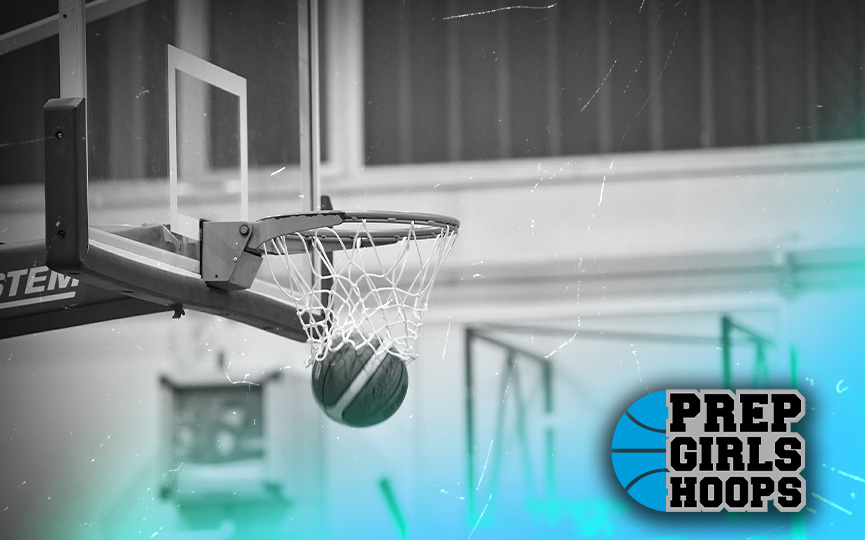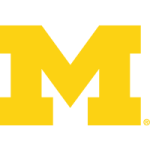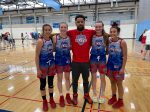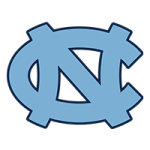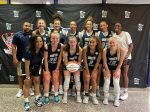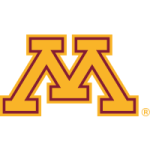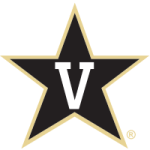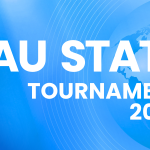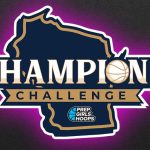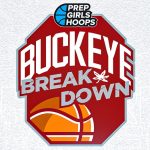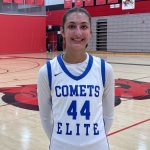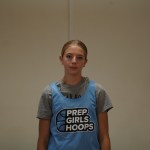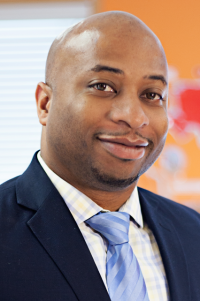First in a Series: Players & Parents Talk About Recruiting
There are two great girls basketball showcase events happening this weekend in the Twin Cities – the Minnesota Stars Fall Exposure Shootout Saturday at Hopkins and the North Tartan Regional Skills Checkout on Sunday in Chaska – where 250 athletes…
Access all of Prep Girls Hoops
Continue reading this article and more.
Continue ReadingThere are two great girls basketball showcase events happening this weekend in the Twin Cities – the Minnesota Stars Fall Exposure Shootout Saturday at Hopkins and the North Tartan Regional Skills Checkout on Sunday in Chaska – where 250 athletes will put themselves on display for college coaches during the NCAA's fall viewing period. The recruiting grind, it seems, never ends. Two players who no longer have to worry about that are seniors Kenzie Rensch of Hutchinson and Rachel Hakes of Woodbury. Rensch (Minnesota Fury Gold), a 5'10″ guard ranked #25 in the class of 2018, is headed to Division II Augustana in Sioux Falls, S.D. Hakes (Metro Stars Wiese), a 5'11″ point guard ranked #19 in the class, will attend Division I Fairfield (Conn.) University.
Rensch made her decision in January and admits it is a relief to be done with recruiting. “Definitely!” she said. “I wasn't really too worried about it because I had a whole season left, but by deciding earlier I didn't have to worry about it during AAU season so I could just play and not have to be nervous.” Hakes agreed. “I wasn't in a hurry at all. In fact I kind of surprised myself,” she said. “It turned out that Fairfield had been watching me my whole sophomore year and I didn't even know. They came and watched me at the Deep South tournament, and the day I got back they called and made the offer.”
There's no doubt that recruiting can be stressful. Some players are overwhelmed with opportunities; many more are waiting for the phone to ring. Either way, it can be a difficult time for players and their families. That's why I'll be writing a series of articles in the weeks ahead that share the individual recruiting experiences of players and their parents. We'll look at how the process went, what they learned along the way, and what advice they can offer other girls.
If you would like to share your thoughts on recruiting – on or off the record – let's talk. Send me an email (portland2020@outlook.com) and I will follow up with you.
Rachel Hakes was seeking high-level academics and a winning program
Rachel Hakes is one of the most competitive, driven and well-prepared athletes I know, so her approach to recruiting was somewhat surprising. I was expecting charts and graphs and spreadsheets, but it wasn't like that. “We had absolutely no idea what we were doing,” she said with a laugh. “We had a couple of friends with had kids who had been through the process so we talked to them. That was helpful. And Ellen Wiese, my AAU coach, helped me so much.” Hakes received her first college letter in the 9th grade and the first phone call with a coach was a few months later. “It was so awkward, and I was so nervous. I didn't really know what to say,” she recalled.
Did you know what you were looking for in a school?
“I was only really interested in places with high academics,” said Hakes, who scored an impressive 31 on her ACT test. “If someone contacted me from a school that didn't fit that criteria, I would let them know right away. I didn't want to waste their time. I think I'm going to double major in math and finance and I really liked the idea of going to the Ivy League. I also wanted to go far away, to really challenge myself.”
How much did you consider the style of play and coaching?
“That was really important to be sure that I would fit into their offense, that my game would be a good fit for their schemes,” she said. “I asked them to give me game film, and I especially watched the senior point guard. I also wanted to go somewhere that I wouldn't have to sit on the bench until I was a junior and I wanted a school with a winning tradition. I also liked the stability of the coaching staff.”
What was the best advice you received along the way?
“Ellen wanted me to always stay true to myself. I wasn't really comfortable with a couple of my early conversations with coaches. I felt like they were kind of leading me on, and I felt they were a little bit condescending. She just told me, 'If that's how you feel then it's probably not a good idea to continue on with the recruiting process with them because you wouldn't want to go there anyway.' She was right.”
How did you let coaches know that their school was not the right fit?
“I always called them,” she said. “I would just let them know that they were not in my top 5. It was usually the academics that weren't a great fit and the coaches were cool about it. They understood. At first it was really hard to tell them, but as it went on it got easier. I just tried to be honest.”
What role did your parents play in the recruiting process?
“It was pretty much all me,” Hakes said. “I have always been fiercely independent. It was never my parents that were emailing, or were on the phone with the coaches. It was me. They were very supportive, and they did eventually talk with some of the coaches, too.”
What advice can you offer other players who are going through the process?
“If you get off the phone and don't feel right about things, don't keep going with the process just to get the offer, and don't worry that you aren't going to get another offer. The other thing is, when other players get offers or commit, don't feel like that is taking away your opportunity. Good for them. Your opportunity will come. If you get worked up about people Tweeting their offers and stuff, you need to remove yourself from Twitter. It's your own process. It's not about anyone else. It is just about you.”
Kenzie Rensch needed nursing and defense close to home
Kenzie Rensch was still in middle school when her first recruiting letter arrived, and she remembers how great it felt. “It was awesome. I think I was in the 8th grade,” she said. “It was a great feeling to know someone was interested and they were watching.” Eventually, more than 70 letters made their way into the Rensch family's mailbox, and there were many phone calls and text messages. Jennifer Rensch, Kenzie's mom, said it was difficult to know how interested each program really was. “Just getting a letter isn't serious,” Jennifer said. “When they are younger, you get the nice handwritten letters saying they have been watching you play and inviting you to come to their camps and so on. But when it comes time for the actual recruiting, that was the part I wish I would have understood more. If the head coach is calling, they are really serious. If the assistants are calling, they are probably calling other kids, too.”
Did you know what you were looking for in a program?
“I knew I wanted to stay close to home. That was a big factor for me,” Kenzie explained. “The farthest I probably would have gone was maybe four or five hours. I wanted to be at a smaller school, and it had to be somewhere where they had a great nursing program. Augustana was such a great fit because all of my family is 15 or 20 minutes away and it's only three hours from home.”
How much attention did you pay to the way they play?
“I watched a lot of game tape, and I went to practice when I visited,” she said. “I really liked how the coaches pushed the girls and how they pushed each other. I went to a game and they played really well together. Augustana really stresses defense and that has always been my strong suit. It fits my style.”
How much were your parents involved in the process?
“They were very involved,” she said. “They helped me out a lot with that stuff.” Jennifer said the most important things they did occurred when Kenzie was much younger. “We live in Hutchinson and there aren't as many exposure opportunities as there are in the Twin Cities,” she said. “We tried to make sure we got her to the right camps and into the right AAU program. We also talked with a lot of other parents who had been through it before.”
A lot of kids are adamant that they want to play Division I. Did that matter to you?
“It has been a goal of mine since I was little to play D-I, but at the same time I didn't want to go very far from home,” said Rensch. “I guess I would have gone anywhere in the Dakotas.” Jennifer said there was plenty of conversation about the commitment required to play at the D-I level. “In Division I, there is a lot of time at school in the summer,” she said. “As we talked further, Kenzie realized she wanted to have more of her summer at home.”
What advice can you give to parents?
It can be challenging for kids to juggle all of the responsibilities involved. “It's not quite a full-time job but you spend a lot of time answering text messages and phone calls,” Jennifer said. “It got to be a little bit crazy at times trying to keep it all straight, but Kenzie did a really good job of it.” Jennifer admits she is glad the process is done. “You are always worried about them performing well, and you never know who is watching,” she said. “Now this year she can relax and play her game and play without that extra pressure. I'm glad it's over but, at the same time, I'm really sad that she's a senior.”
